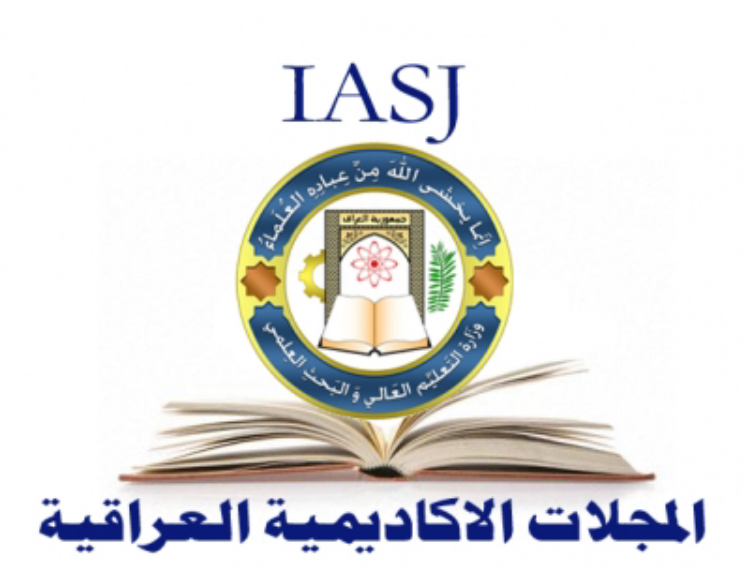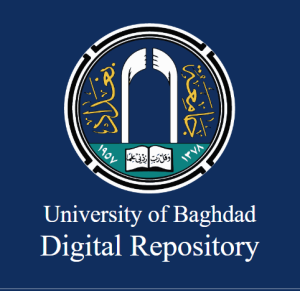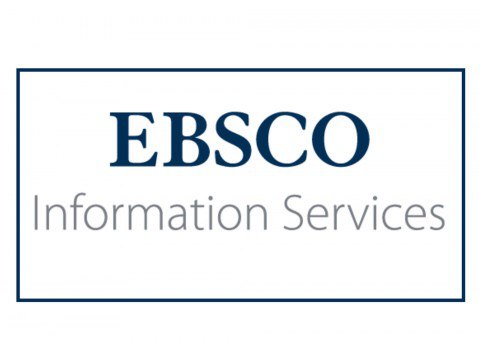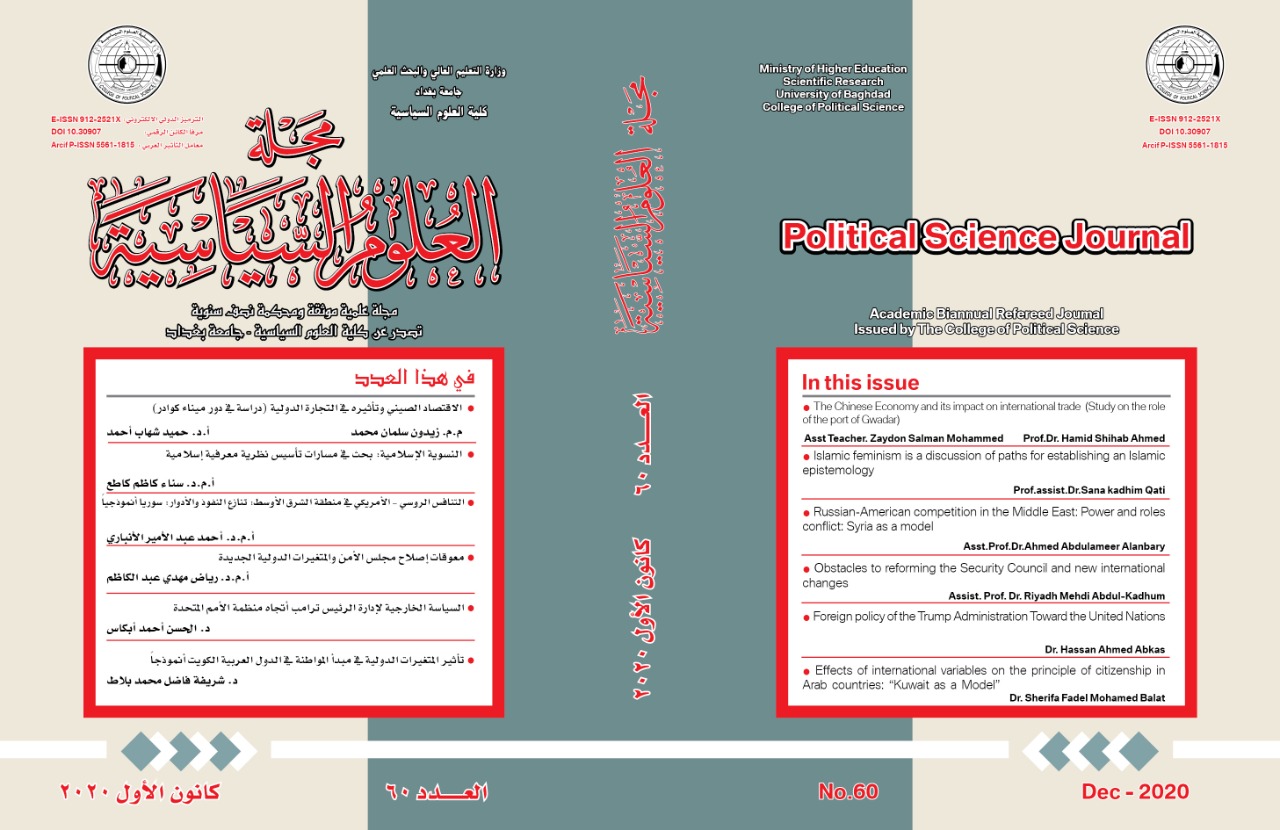The role of religious references in the reformation process in Iraq after 2003
DOI:
https://doi.org/10.30907/jj.v0i57.419Abstract
The Shiite religious authority in Iraq has played an active and vital role over its long history in promoting values of tolerance, rejecting extremism, advocating unity and confronting external challenges. This role has increased significantly after 2003 as a result of the great challenges that have passed in Iraq. Despite its clear policy of non-interference in political matters, except in cases of necessity, but the great role it played in maintaining national unity and advocating the rejection of extremism and sectarianism has made it a necessary need in Iraq to confront any deviations, dispersions or threats that affect society and the state. Therefore, its role in the process of reform was prominent on the political level by calling for political and social reform through promoting the values of tolerance, rejection of extremism, and acceptance of the other. And on the cultural and economic levels. Additionally, it called on Iraqi political forces to adopt the process of reform.





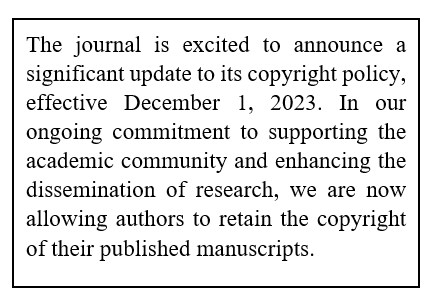
 ©️ 2023 The Author(s). Published by College of Political Science, University of Baghdad. This is an Open Access article distributed under the terms of the
©️ 2023 The Author(s). Published by College of Political Science, University of Baghdad. This is an Open Access article distributed under the terms of the 
